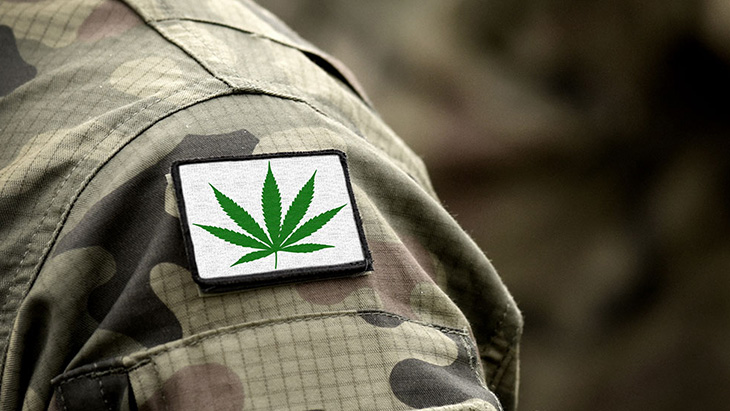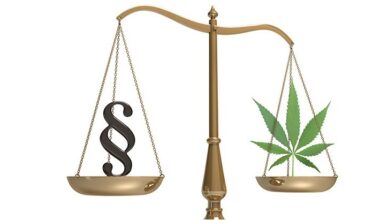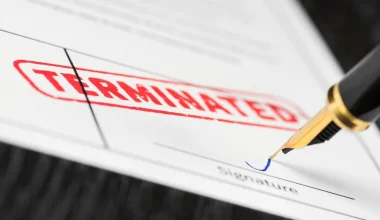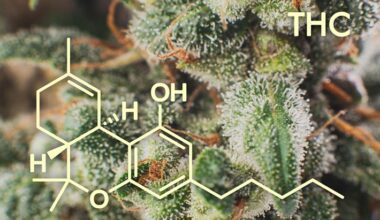
Members of the Senate’s Veterans’ Affairs Committee advanced legislation today directing the United States Department of Veterans Affairs to conduct research evaluating the safety and efficacy of cannabis products for veterans suffering from chronic pain and post-traumatic stress.
The bipartisan legislation directs the VA’s office to conduct a large-scale observational trial assessing veterans’ use of cannabis and to report on its ability to mitigate pain, improve sleep, and influence subjects’ intake of prescription medicines or alcohol.
Recently conducted observational trials in Israel and the United Kingdom have documented improved symptoms following the use of cannabis products among patients with post-traumatic stress. These outcomes include statistically significant changes in sleep quality and in anxiety, fewer nightmares, and improved quality of life.
In addition, dozens of observational studies document patients’ reduction in their use of prescriptions drugs, particularly opioids, and other controlled substances following the initiation of cannabis therapy. Numerous placebo-controlled trials also document the ability of either inhaled or vaporized herbal cannabis to significantly mitigate pain in various patient populations, including those suffering from HIV, diabetes, spinal cord injury, or with severe treatment-resistant neuropathy (nerve pain). These positive results have been replicated in clinical trials utilizing relatively low doses of cannabis as well as in trials using plant-derived cannabis extracts.
The pending legislation further directs the Secretary of the Veterans Affairs to assess the ability of the office to coordinate prospective, FDA-approved clinical trials evaluating the safety and efficacy of cannabis flowers and plant-derived extracts in veterans. Were such trials authorized to go forward, investigators would be providing participants with cannabis products provided by federally-licensed producers and comparing the outcomes associated with those products with a control group.
Identical legislation is also pending in the US House of Representatives.
Patients suffering from post-traumatic stress typically acknowledge consuming cannabis at rates far greater than those reported by the general population.
Additional information is available from NORML’s fact-sheet, ‘Marijuana and Veterans Issues.’ Additional information on cannabis and post-traumatic stress is available from NORML’s publication, Clinical Applications for Cannabis & Cannabinoids.
Related
Medical Disclaimer:
The information provided in these blog posts is intended for general informational and educational purposes only. It is not a substitute for professional medical advice, diagnosis, or treatment. Always seek the advice of your physician or other qualified healthcare provider with any questions you may have regarding a medical condition. The use of any information provided in these blog posts is solely at your own risk. The authors and the website do not recommend or endorse any specific products, treatments, or procedures mentioned. Reliance on any information in these blog posts is solely at your own discretion.






